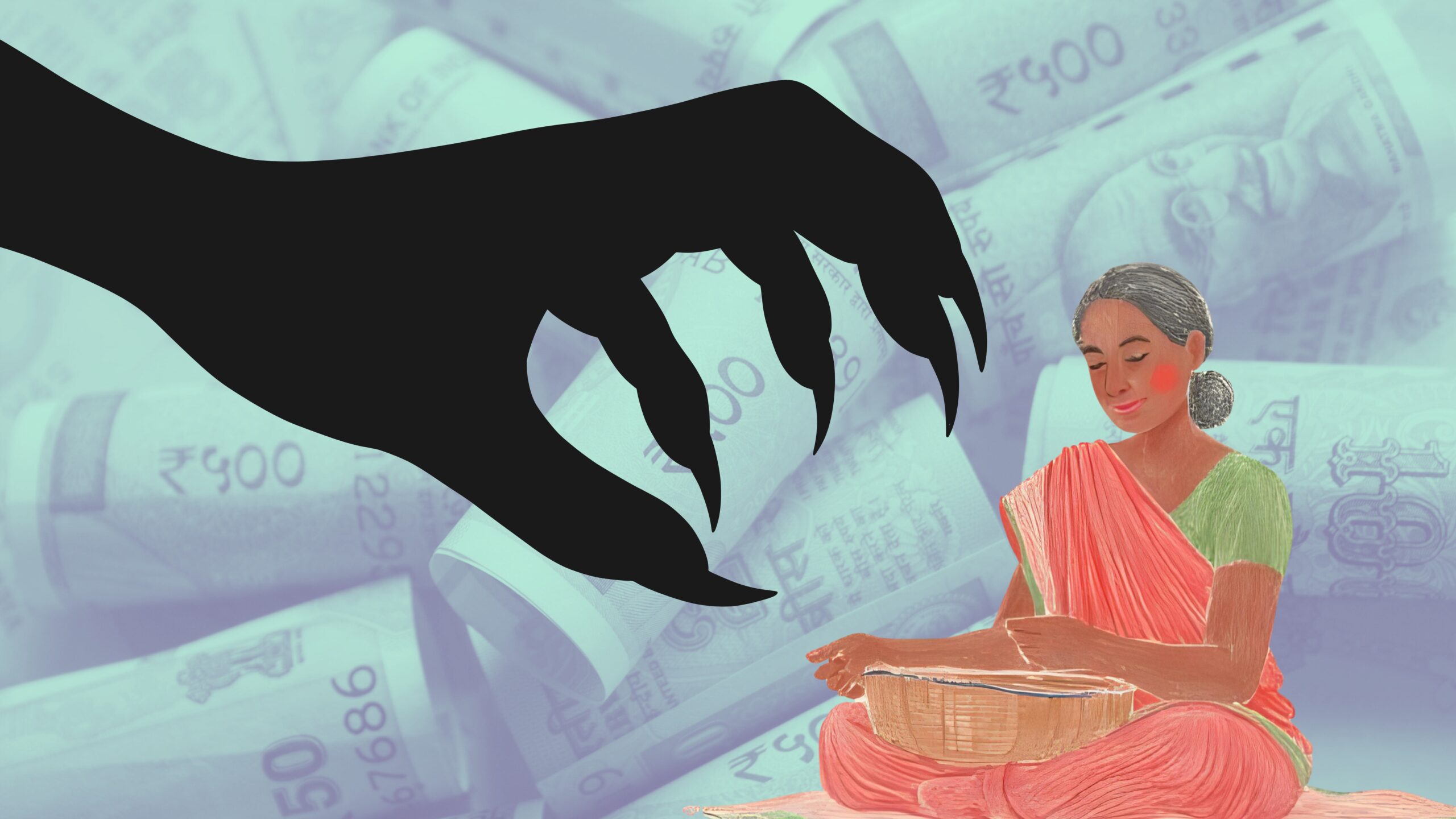A new nationwide survey has laid bare the dark side of India’s microfinance boom. Conducted by the All India Democratic Women’s Association across 15 states, the study of 6,685 women shows how non-banking finance companies (NBFCs) and microfinance institutions (MFIs) have become debt traps rather than lifelines.
The numbers are alarming: over 60% of women have taken loans from more than two companies, and nearly one-third have borrowed from more than three. Many are forced to take fresh loans to repay older ones, with 40–50% caught in this vicious cycle. Almost half the women surveyed carry debts far beyond their means, ₹50,000 to over ₹2.5 lakh, despite household incomes of less than ₹10,000 for most families.
The social costs are stark. Over 30% reported harassment and verbal abuse from recovery agents, while 5% faced physical or sexual violence, criminal acts that are happening in plain sight. Women are even compelled to pledge jewellery, Aadhaar cards, or house papers as collateral, in open violation of RBI guidelines.
The blame lies squarely with policy. Public sector banks have retreated from direct lending to poor women, preferring instead to channel funds to NBFCs- MFIs that charge 22–26% interest. Deregulation and self-regulation have turned these lenders into loan sharks. As state support for essentials like food, health, housing, and education shrinks, women are forced to borrow to cover basic survival needs.
This is not financial inclusion; it is financial exploitation. When the very institutions meant to empower the poor push them into deeper debt and even violence, it is time to rethink the model. The government and RBI must stop shielding NBFCs-MFIs and restore accountability in lending. Women deserve credit systems that enable dignity, not despair.
– Team CFA

